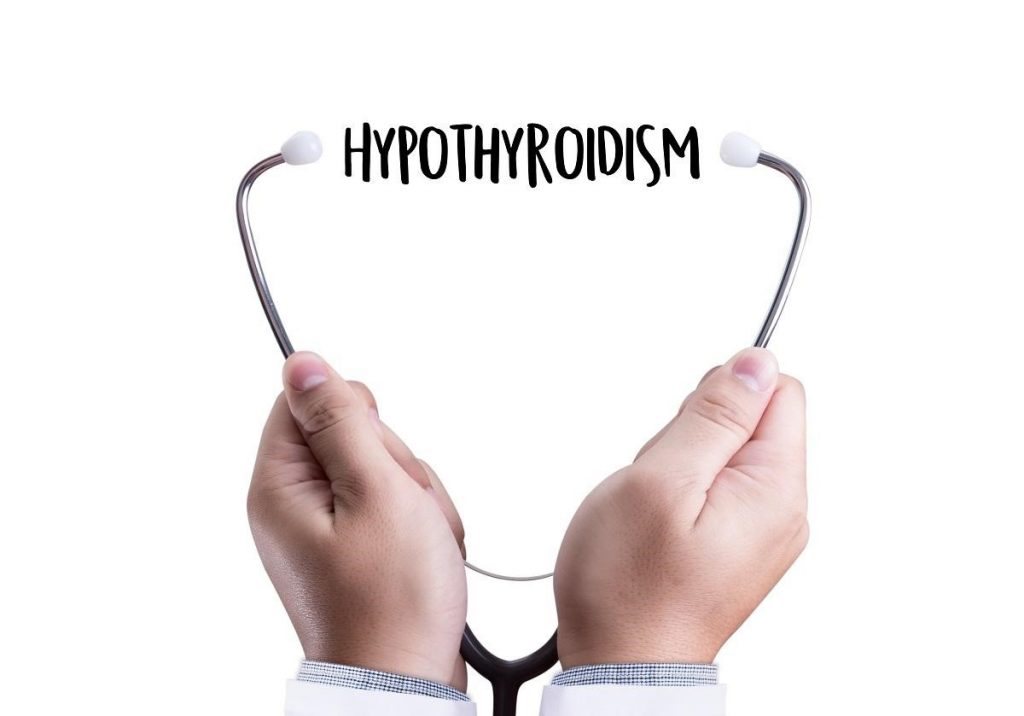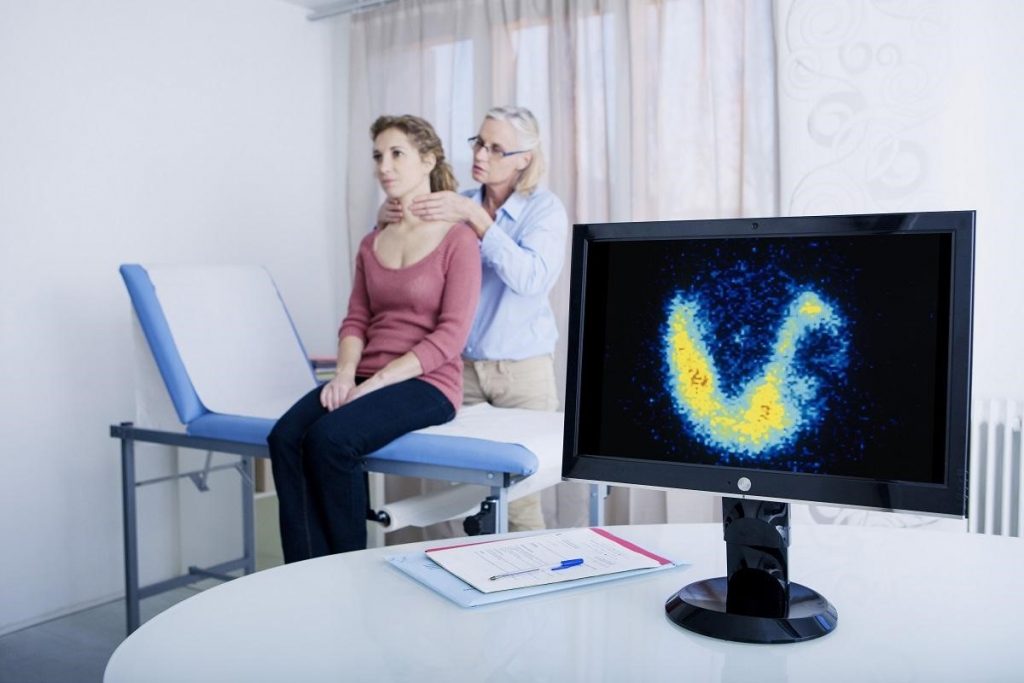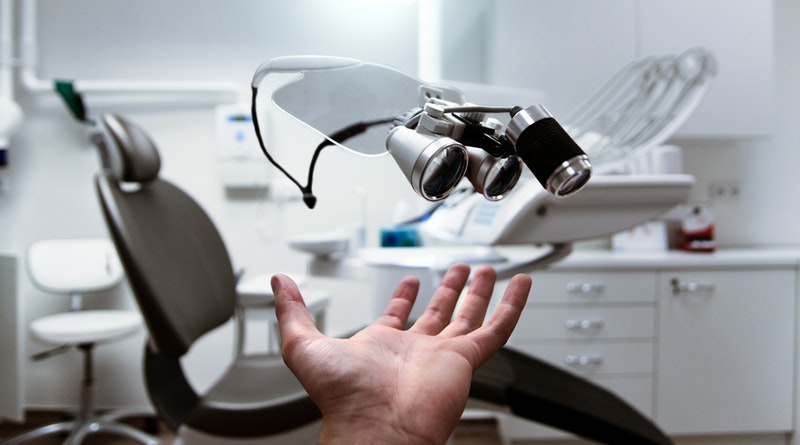Hypothyroidism: Its Prevention and Treatment
According to the American Thyroid Association (ATA), thyroid disease affects 20 million Americans and about 60 percent are not aware of their condition. One of the more common forms of thyroid complications is hypothyroidism or underactive thyroid.
What is Hypothyroidism?
The thyroid gland, as part of the endocrine system, produces hormones and releases them into the bloodstream. These hormones are crucial for regulating the body’s metabolism, muscle control, heart and digestive functions, brain development, and bone maintenance. Hypothyroidism is a condition in which the thyroid can’t produce enough of the crucial hormones.
Hypothyroidism can be difficult to spot, especially in its earlier stages. The first few symptoms may not be noticeable and some people attribute them to aging. These include chronic fatigue, weight gain, dry skin, muscle weakness and aches, thinning hair, and elevated blood cholesterol level, among others. As the condition worsens, the symptoms also manifest themselves in uglier ways. Some of the intense side effects of hypothyroidism are depression, impaired memory, and an enlarged thyroid gland.
Prevention
The ATA predicts more than 12 percent of the U.S. population will develop a thyroid condition in their lifetime. So it’s important to keep your body healthy and reduce the risk of thyroid disease.
Undiagnosed thyroid conditions can increase the risk of developing a host of other medical diseases, so the first step is to know your family’s history of thyroid disorders. If thyroid conditions are in your family’s medical history, be wary of unusual changes in your body telling you to get a check up.
One of the easy ways to detect hypothyroidism early is to do the thyroid neck check. This test can detect bumps, lumps, or swelling on your thyroid if they’re close to the surface. But many nodules are deep within the thyroid, so if you do show some symptoms, it’s still crucial that you see a doctor.
A healthy diet and lifestyle are still the best ways to reduce your risk for hypothyroidism. Unhealthy habits can cause a host of complications that may harm your thyroid. Smoking, for example, is dangerous for the thyroid gland. Cigarette smoke has toxins such as thiocyanate that can affect the production of thyroid hormones.
Different Treatment Methods
People with hypothyroidism have a variety of treatments available at their disposal, depending on what they’re comfortable with. Most of the treatment methods focus on medications that supplement the thyroid hormones to aid the gland’s functions. The doctor may prescribe synthetic thyroxine, a medication that replicates the thyroid T4 hormone.
Adequate iodine intake is also necessary to maintain thyroid health. Iodine deficiency is one of the major causes of thyroid gland enlargement, so doctors might prescribe iodine supplements or a high-iodine diet. But this treatment method is not suitable for those with autoimmune thyroid disease because of their sensitivity to iodine.
Alternative medicine can also serve as complementary treatments. For example, Utah patients can relieve their thyroid symptoms in Salt Lake City where physicians who specialize in acupuncture or chiropractic care are abundant. Acupunctures and chiropractors provide holistic care that can ease body pains, muscle tension, and the other side effects of hypothyroidism.
Natural remedies can also help thyroid conditions. A diet rich in selenium, probiotics, and vitamin B-12 can improve thyroid health. Choosing gluten-free and sugar-free food can also ease some of the symptoms of hypothyroidism, such as thyroid swelling.
If you’re at risk or have already developed hypothyroidism, there’s no need to panic. Listen to your doctor and commit to a healthy lifestyle so you can protect your thyroid and the rest of your body as well.






I am hypothyroid and have been for years, it is no fun! I wish I had seen the symptoms beforehand, so your article is informative in that someone might get checked out sooner than I did.